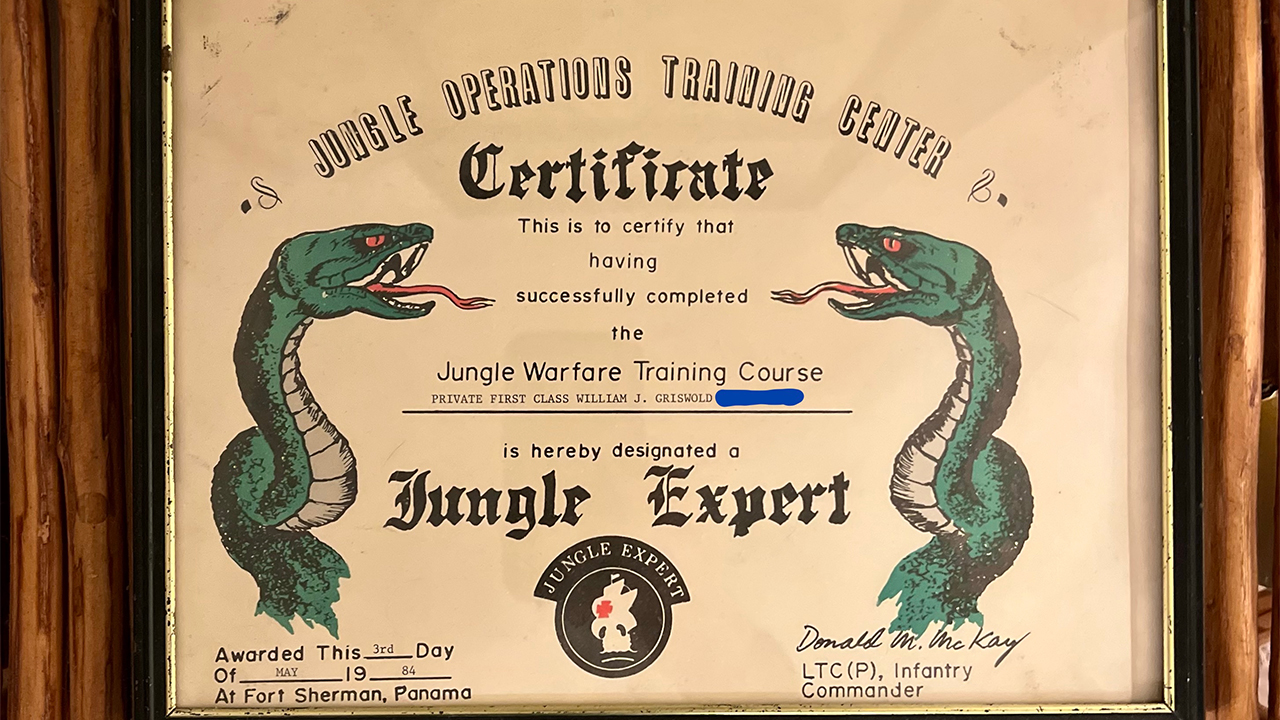Of Revision
May 31, 2021

I had a piece to write, about the Mississippi. Flat shining basins, filled with river water made to slow its roll, lay on the other shore. I chose to write it because that stretch of river made me uneasy. Facing it, you know.
I would write my way forward into whatever my deal was and turn it comic. You know, how I had developed a little thing about crossing the river on this particular bridge because it was not in the best shape, and because there was a lot going on, as we say when emotions slide over good sense, in that stretch of the river. Until I listed the details of the little thing I had developed I could not know my deal. You commit to a line and follow it.
How the guardrails were broken off like teeth on the eastern approach, leaving only old concrete barriers between the busy road and oblivion. Oblivion being not the floodplain below, which often doubled the river, nor the Chain of Rocks canal, which could be mistaken for the river, nor the River, still confused from taking in the Missouri a mile upstream and the Illinois just above that. Oblivion was the empty air above all that.
The approach went on long enough to worry about it, then you were on it. The Murder Bridge just downstream: of course the murderers made them climb down at night through the deck plates onto the concrete pier and jump into the river. Weird castle towers in the current, with granite prows. I was going to try to get close to my deal by explaining the castles were water inlets, their hidden insides yawning hellmouths that swallowed water for treatment. In plain view—if you knew water—was the dirty swell before the riprap and a rock ledge, the killing undertow after; unorganized turbulence over the shoal. Catfish, Asian Carp, turtles, everybody sliding along like hell for the Gulf.
I wrote instead: We need our water. We like our water. Not that much water.
Cut that and tried: Two-and-a-half million gallons sliding past every second—for 50 million years.
The thing about process is that it will tell what only process can know. The comic may dissolve and something else pour in. Awareness of pain in the body, in other bodies, the reported death of an acquaintance in another country. The crossing becomes a journey, the river a fluid grief: rich, warm, draining the heart of a country.
I would have to write a third piece to explain what I leave out now.
I thought of how we needed approval for the odd things we chose to do. My parents, I used to think, would have been proud with how I did in the end. On the bridge I checked the girders of my mind where process floats through, to see if that was right. But their ghosts had dissolved so that the people they had been simply were then and nothing more. No basis for judgement, pride, or shame, then or now. Nothing ever to prove. All of us just people among prodigious forces, carried to the gulf. Be free: afraid and joyous.
None of this meant anything to the piece, so I cut it. No, process cut it, because it had its own needs. What process said instead was, The river was vast, and, The wind was high and we nearly had to shout.








